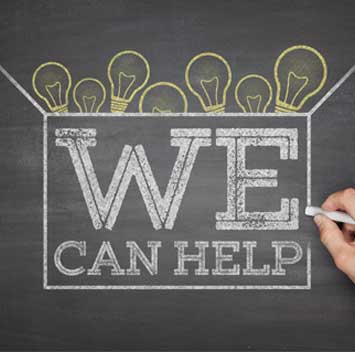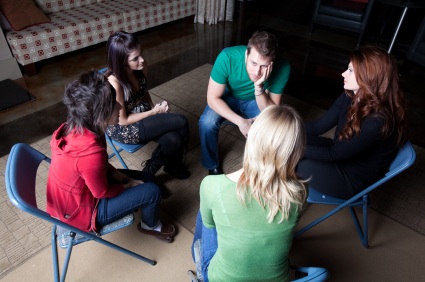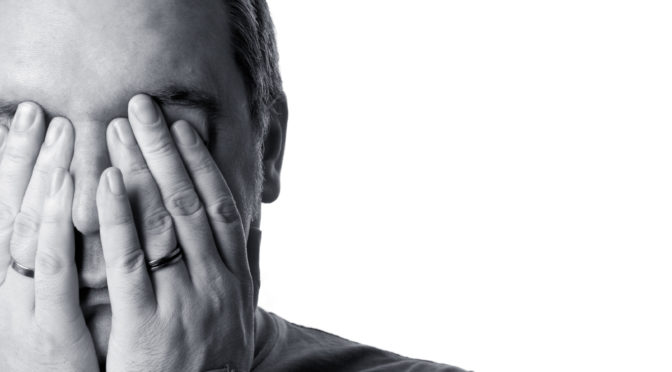Mental Health Myths
Posted by Collaborative Counseling

Mental health is just as important as physical health, but it is often stigmatized and misunderstood. There are many myths about mental health that can prevent people from seeking help when they need it. Here are some of the most common mental health myths:
Myth #1: Only weak people have mental health problems.
This is simply not true. Mental health problems can affect anyone, regardless of their strength or weakness. In fact, some of the strongest and most successful people in the world have spoken openly about their struggles with mental health.
Myth #2: Mental health problems are not real.
Mental health problems are very real and can have a significant impact on a person’s life. They are caused by a combination of biological, environmental, and psychological factors. Just like physical health problems, mental health problems can be treated with medication, therapy, or a combination of both.
Myth #3: You can just “snap out of it” if you try hard enough.
Mental health problems are not something that you can just “snap out of.” They require professional help and treatment. Trying to “tough it out” or “wishing it away” will not make the problem go away.
Myth #4: People with mental health problems are dangerous.
This is a dangerous myth that can lead to people with mental health problems being discriminated against and avoided. In reality, people with mental health problems are no more likely to be violent than anyone else. In fact, they are more likely to be the victims of violence.
Myth #5: Children don’t have mental health problems.
Children can and do experience mental health problems. In fact, one in five children will have a mental health problem by the time they reach adulthood. It is important to get help for children with mental health problems early on, as untreated problems can have a lasting impact on their development.
Myth #6: Mental health problems are a sign of weakness.
Having a mental health problem does not mean that you are weak. It means that you are struggling with something that is out of your control. There is no shame in seeking help for a mental health problem. In fact, it is a sign of strength to ask for help when you need it.
Myth #7: You can’t have both mental and physical health problems.
This is simply not true. In fact, many people with mental health problems also have physical health problems. The two are often interconnected. For example, stress can contribute to both physical and mental health problems.
Myth #8: Mental health problems are only treatable with medication.
While medication can be an effective treatment for some mental health problems, it is not the only treatment option. Therapy, lifestyle changes, and other complementary therapies can also be helpful.
Myth #9: Once you have a mental health problem, you will always have it.
This is not always the case. Many people with mental health problems recover and go on to live healthy and productive lives. With the right treatment, it is possible to manage your mental health and live a full and meaningful life.
Myth #10: Mental health problems are not a disability.
This is also not true. Mental health problems can qualify as a disability under the Americans with Disabilities Act (ADA). This means that people with mental health problems are protected from discrimination in employment, education, and other areas.
These are just a few of the many myths about mental health. It is important to remember that mental health is just as important as physical health. If you are struggling with a mental health problem, please know that you are not alone and that there is help available. Talk to your doctor, a therapist, or a mental health professional. There is no shame in seeking help, and it could make a big difference in your life.
Here are some additional resources for mental health information and support:
- The National Alliance on Mental Illness (NAMI): https://www.nami.org
- The American Psychological Association (APA): https://www.apa.org
- The National Institute of Mental Health (NIMH): https://www.nimh.nih.gov
- The Jed Foundation: https://www.jedfoundation.org
- The Crisis Text Line: Text HOME to 741741
- The Trevor Project: 1-866-488-7386
- The National Suicide Prevention Lifeline: 1-800-273-8255

 View Our Locations
View Our Locations Request Appointment
Request Appointment








